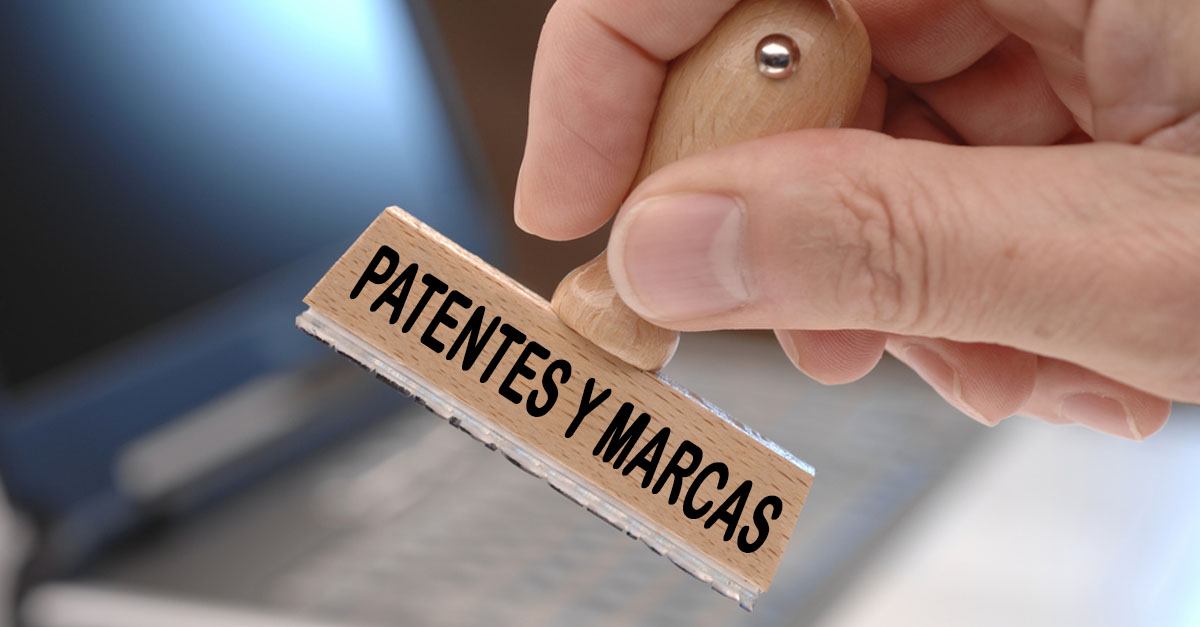Can a competitor’s name or logo be used if it is not registered as a trademark?

The Spanish trademark registration before the Patent and Trademark Office, or a European trademark before the OHIM, must be considered as free access for any natural or legal person.
The administration will not oppose the registration, if there is no other previously registered trademark with which it may conflict. Does this mean that I can register as a trademark any symbol, name or distinctive that is already in use, if it was never registered as a trademark? Can you use the distinctive signs of a third party if you do not have them registered?
To answer the question raised, we must go to the Unfair Competition Law 3/1991 of January 10 (LCD). It is not possible to analyze possible plagiarism or copying of a distinctive sign under the Trademark Law, if said sign is not registered as a Trademark.
Desirable Competence Statement
The use of acronyms used by a third party, must be regarded as an illegal act of unfair competition . The Unfair Competition Law aims to stop this type of practice, although we warn that in practice the distinction between fair and unfair competition is not always simple.
Art. 6 of the Unfair Competition Act classifies acts of confusion as prohibited:
“Any behavior that is suitable for creating confusion with the activity, benefits or establishment of others is considered unfair”.
“The risk of association on the part of consumers regarding the origin of the service is sufficient to justify the unfairness of a practice”
According to the provisions of the standard, it would be unfair to use signs capable of creating confusion with third parties. The assessment of the risk of confusion between both signs will be essential to determine if the behavior can be deemed unfair.
If the initials used coincide or are very similar, and both agents operate in the same field of activity, the courts could understand that the sign that began to operate later creates a risk of confusion or illicit association in the market.
The use of the distinctive signs of a competitor could also be considered an illegal act for exploiting the reputation of others. In this sense, article 12 of the Unfair Competition Law establishes the following:
“It is considered unfair the undue use, for one’s own benefit or that of others, of the advantages of the industrial, commercial or professional reputation acquired by another in the market”.< /em>
It is considered that the main person affected by the concurrence of similar signs capable of generating confusion is the consumer himself. The law that represses unfair competition aims to protect a series of diverse interests: those of the businessmen who compete in the market, the State itself and above all, consumers. This is stated in the Explanatory Memorandum of the Unfair Competition Law, which alludes to the general principle of consumer protection:
“The Spanish Constitution of 1978 makes our economic system gravitate on the principle of free enterprise and, consequently, at the institutional level, on the principle of free competition . (…) This constitutional requirement is complemented and reinforced by the one derived from the principle of consumer protection, in its capacity as a weak party in typical market relations.”
Is bad faith required for the behavior to be declared unfair?
Art. 4 Unfair Competition Law makes a generic proclamation on what should be understood as acts of unfair competition:
“Any behavior that is objectively contrary to the requirements of good faith is considered unfair.”
Unfair competitive conduct is configured as that contrary to good faith. This is the nuclear piece of the regulation contained in the Law as can be inferred from its own Preamble:
“The core device of the Law is located in Chapter II, where unfair conduct is typified. The chapter opens with a generous general clause on which -as the experience of comparative law shows- the success of the Law and the effective repression of the ever-changing phenomenology of unfair competition. Perhaps the most significant aspect of the general clause lies in the criteria selected to assess the disloyalty of the act. It has been decided to establish a criterion of action, such as ‘good faith’ of general scope …”
It seems to link the regulatory regime with the requirement of good faith that as a general rule is included in art. 7.1 of the Civil Code. Precisely because, as stated in art. 7.2 Cc, the law does not protect the abuse of the right, nor the antisocial exercise of the same.
But there is, however, a nuance in the specific regulation of the Unfair Competition Law. Your art. 4, which we have reproduced, introduces the mention “objectively” to opt for objective good faith as opposed to a subjective conception of good faith.
In such a way that what is relevant, for the purposes of defining commercial behavior as unfair, will not be the internal intention of the subject but the appreciation or external impression (objective) that have the same.
The jurisprudence had traditionally insisted on the requirement of good faith in the field of competition. An example of this may be the STS of July 15, 1982. However, the current Unfair Competition Law, and the most modern doctrinal current point to a declaration of unfair competition based solely on the fact, without requiring bad faith.
What happens if the infringer actually registered the trademark?
We started this article by raising the possibility of an agent registering as a trademark the name, logo or badge that a competitor had been using in the market. We have seen that this behavior can be the object of a declaration of unfair competition by the courts, now, what happens then with the trademark that had been registered?
Obtaining the trademark registration does not constitute an obstacle to its declaration of invalidity in the jurisdictional venue.
What is granted by the Spanish Patent and Trademark Office can be revoked by the Courts. And precisely by the Civil Order Courts.
This possibility of invalidation has nothing to do with the possibility of challenging in the Contentious-Administrative Jurisdiction the resolutions of the Spanish Patent and Trademark Office according to administrative regulations.
This challenge possibility is not hindered, harmed or conditioned by the content of the administrative resolutions. Not even for their pronouncements. If the Spanish Patent and Trademark Office has granted the trademarks to the offender, this does not prevent the injured party from requesting the invalidity of the trademark before the courts.
When the subject of dispute is two registered trademarks, and the courts appreciate a likelihood of confusion generated by the trademark that was registered second, the Trademark Law determines the invalidity of that sign under article 51.1.
In the case now raised, we said that the Trademark Law is not applicable when the injured party is not the owner of a trademark. However, the harmonious interpretation of the legal system requires a consistent interpretation of the Unfair Competition Law and the Trademark Law.
It would be an inadmissible contradiction for what is prohibited in a legal text to cease to be so through a fraudulent trademark registration application. And it should be borne in mind that the trademark legal system is embedded within the broader positive system of competition. As if they were concentric circles.
The protection that the Trademark Law confers on the owner of a trademark has the same raison d’être as the repression of unfair competition behaviors. The wording of the respective Statements of Reasons points precisely in that direction.
Then, if the exploitation of the reputation of others is reprehensible, the generation of confusion in the market and the illegal imitation of business initiatives suitable for generating association, the legal rejection of the claim to assume a formal appearance of right to that prohibited use.
Conclusions
First.- The use of signs used by third parties, and taking advantage of the reputation of others, are illegal acts not permitted by the Unfair Competition Law.
Second.- For the behavior to be declared unfair, it is required that the activities of both competitors coincide, and also that there is a risk of confusion among the controversial signs.
Third.- The Unfair Competition Law applies even if the offender has not acted in bad faith.
Fourth.- The injured party may request the annulment of the registered trademark by the infringer if he proves an infringement under the Unfair Competition Law.



















